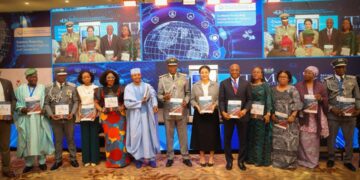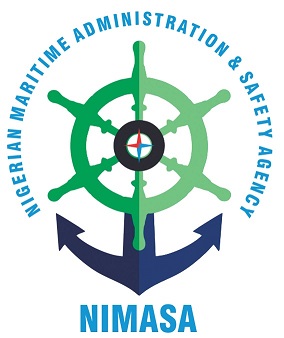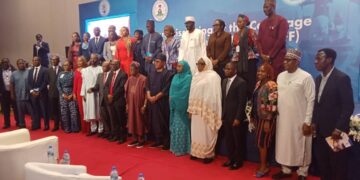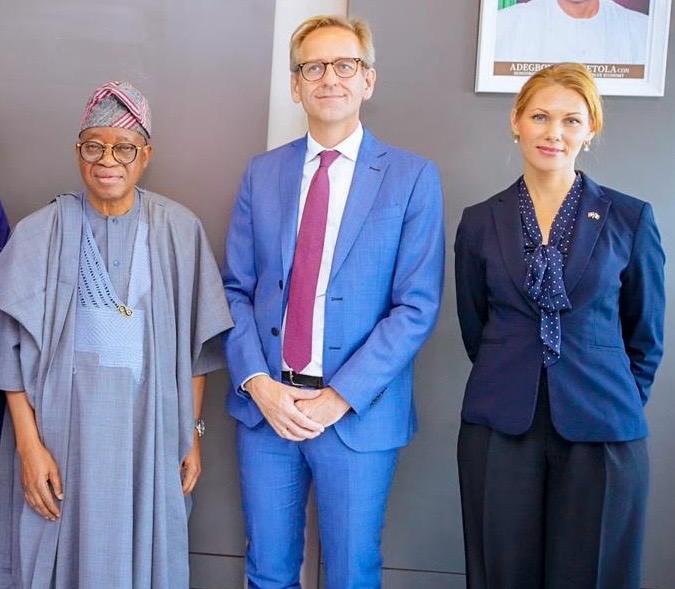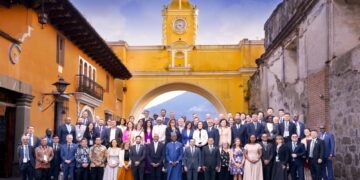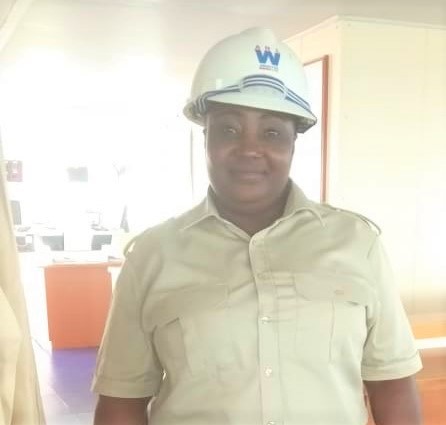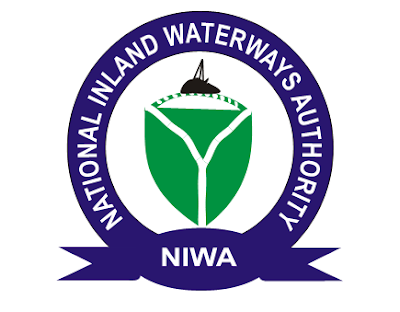‘Life At Sea’ hosted by Hope Orivri.
On ‘Life At Sea’ today, Nigeria’s first female Master mariner, Captain Roselyn Kete, looks at the importance and requirements for mentoring younger seafarers.
She called in from her location on board a vessel at sea.
A key element in mentorship, according to Capt. Kete, is mutual agreement between a mentor and a mentee. She speaks from her personal experience in mentoring cadets at different times onboard vessels.
She shares on having a sense of fulfilment seeing young seafarers whom she had mentored advance on their career at sea.
Some highlights of the chat
“I have had the privilege of mentoring at least 20 cadets, including males and females,” Captain Kete says. “But, I must tell you that mutual agreement and understanding of how you want to work and what you desire to achieve must be reached as well.”
From her experience, cadets are able to learn and hone their skills when they walk by the principles of learning, particularly for a job at sea, where safety and precision are highly demanded all the way.
Considering the highly regimented and hierarchical environment of sea work, she attests that cadets fit into that without any challenge, as that is traditional with their institution where they must have trained on the theory aspect of their education.
“On board the ship for training, cadets usually stayed at least for three months, and it could be for a shorter period as well,” Captain Kete adds.



